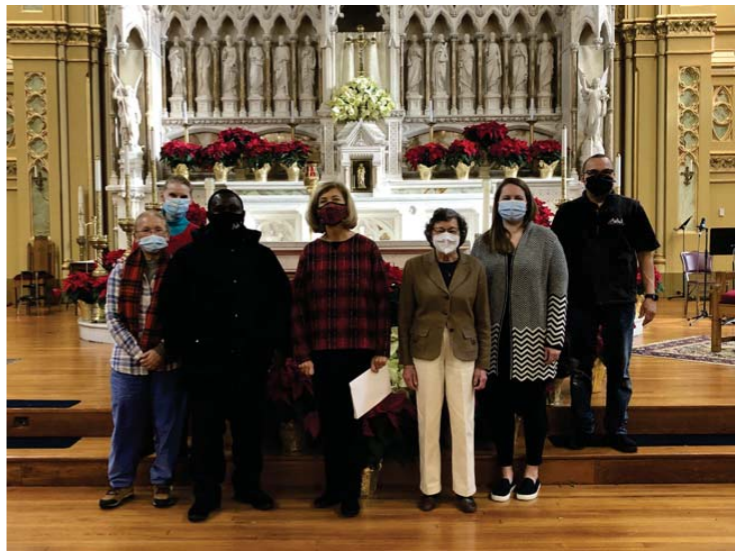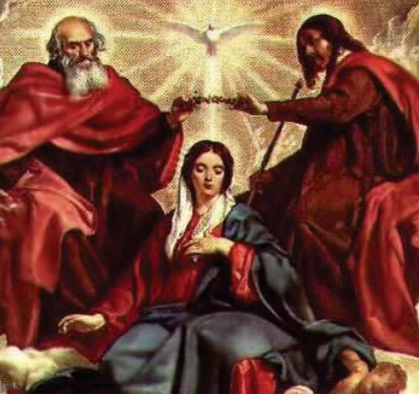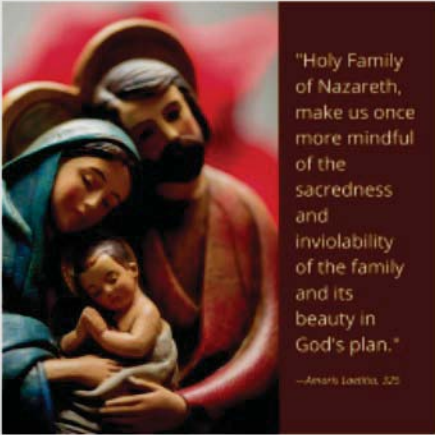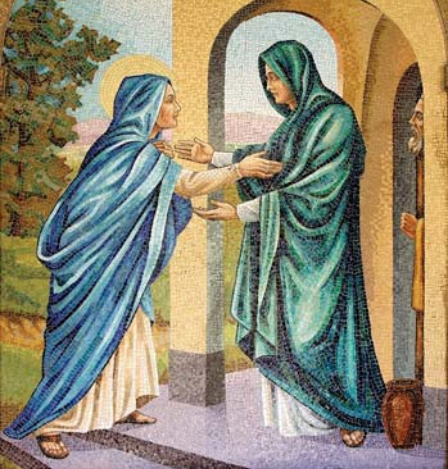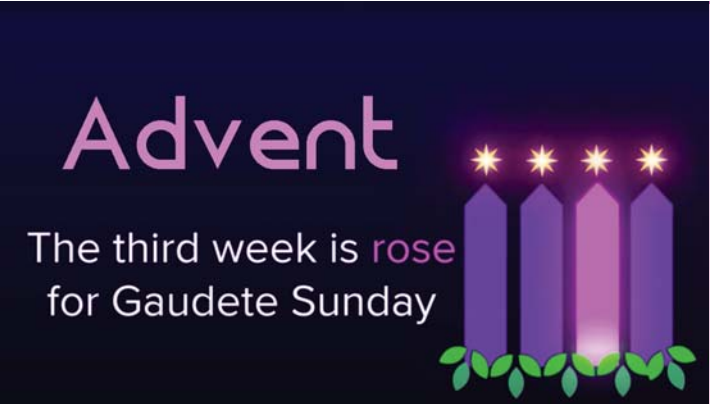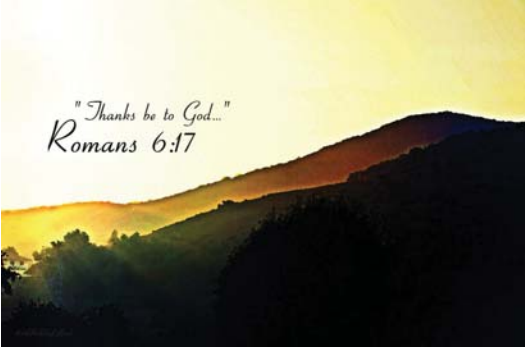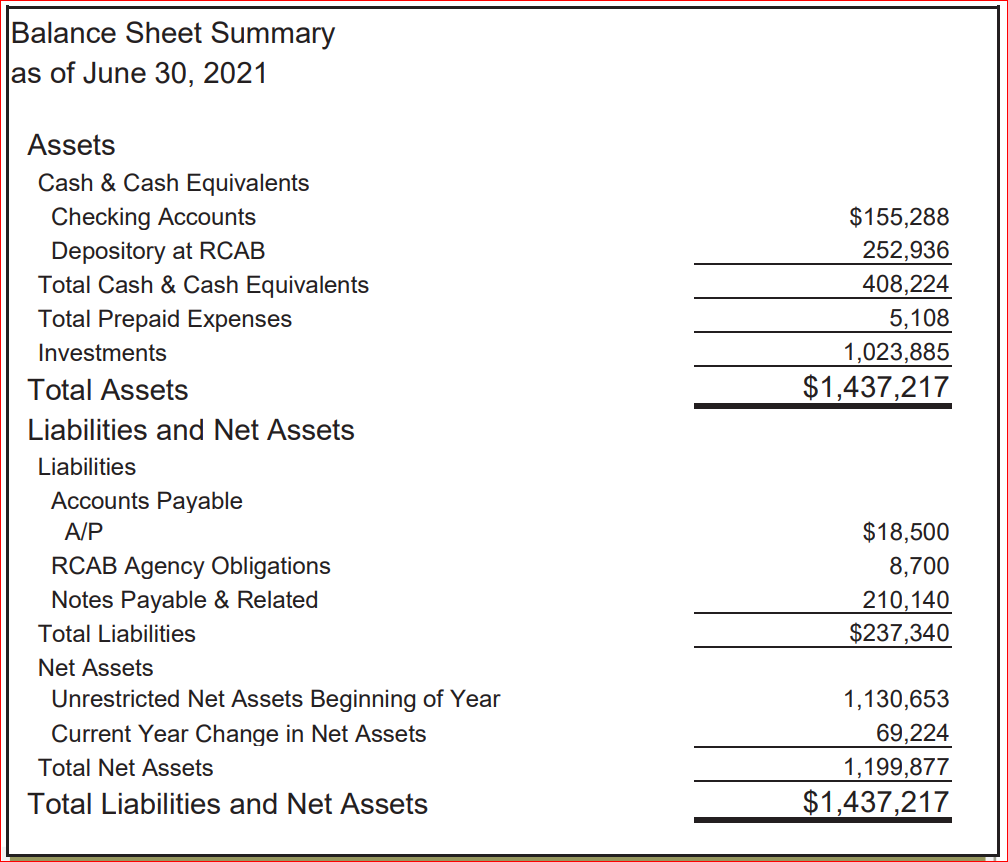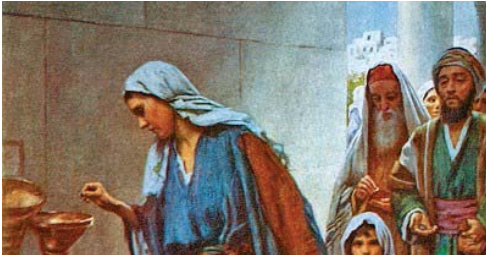It Is the Little Things
https://stmarystcatherine.org/wp-content/themes/osmosis/images/empty/thumbnail.jpg 150 150 Charlestown Catholic Collaborative Charlestown Catholic Collaborative https://stmarystcatherine.org/wp-content/themes/osmosis/images/empty/thumbnail.jpgFor several days now as I meet people walking around town, I wish them happy New Year and, of course, they respond in the same way. The
saying seems somewhat trite and I am not sure what I am really wishing for the person. This New Year 2022, is fraught with anxiety in all corners of the globe and in the midst of it, I appear to be glibly wishing somebody happiness. I wonder?
Maybe I want to hope that each one of us will work to make the new year happy. I think most of us find some measure of happiness when we have contributed, when we have improved a situation, when we have connected in a positive way with someone else, and when we have both shared and received the gift of love. The troubles that surround us in these times are certainly daunting to the point where each of us wonders if we can really do much about them.
We do hear that cooperating with all the recommendations and mandates makes a difference for ourselves and for others regarding control of the pandemic; so that certainly is making a contribution. Yet at the same time, the pandemic has caused isolation for many and brought about increased depression and worry for others. So making positive connections is kind of difficult.
I remember hearing a story about a little boy on a beach where a large number of baby turtles had been washed up onto the dunes by a storm. They needed to be in the water or die. There were many hundreds of them and the little boy, ran to each little turtle, picked it up and raced down to water’s edge placing it in the tides. A man watched from a distance and finally approached the boy asking what he was doing. The boy explained exactly what he was doing, saving the life of the turtles. The man observed that there were thousands of them so the boy’s efforts made no difference. The boy picked up a baby turtle looked at the man and said, “It makes a difference for this one”.
No one of us can solve the problems of the world but every one of us can do
something. It is easy to become cynical in the face of the enormity of the challenges of the times. It is easy to talk ourselves into complacency because the issues are so overwhelming. It is more difficult to believe that every single person, from a little boy to an executive in an office, can do something every day if not every hour of every day to make a difference for others.
Mother Teresa of Calcutta once taught: “God is not calling on us to do great things rather to do little things with great love”. Those little things can be little things! How we greet one another; how we look up from a mobile device, make eye contact with another and smile; how we create space for one another; how we show simple acts of kindness acknowledging the dignity and value of one another everything makes a difference.
These days can beat us down if we let them. However, we have a choice to do something, little things at the very least that truly make a difference. Most faith traditions call on us to love one another as we are loved by our gracious God. I believe this is the formula for a Happy New Year!
Father Ronan
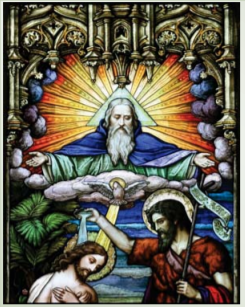
January 9
The Baptism of the Lord
Our Gospel recounts the story about Jesus’ baptism and the important words spoken by God about Jesus “You are my Beloved Son” Isaiah uses similar words. “Here is my servant, my chosen one in whom I am pleased . . . “ During the coming week, take some time to pray and reread these scriptures. Hear God say these words to you “I formed you and set you as a light” “You are my beloved, . . . with you am well pleased” As you acknowledge God’s love and delight in you ask God for the courage to witness His truth.

